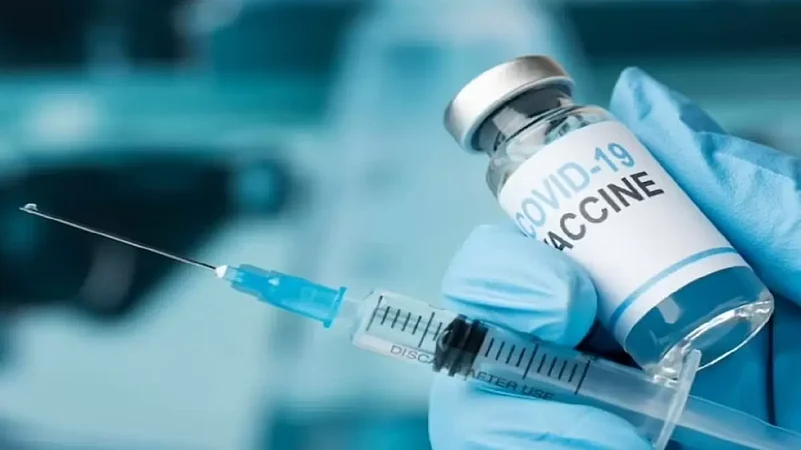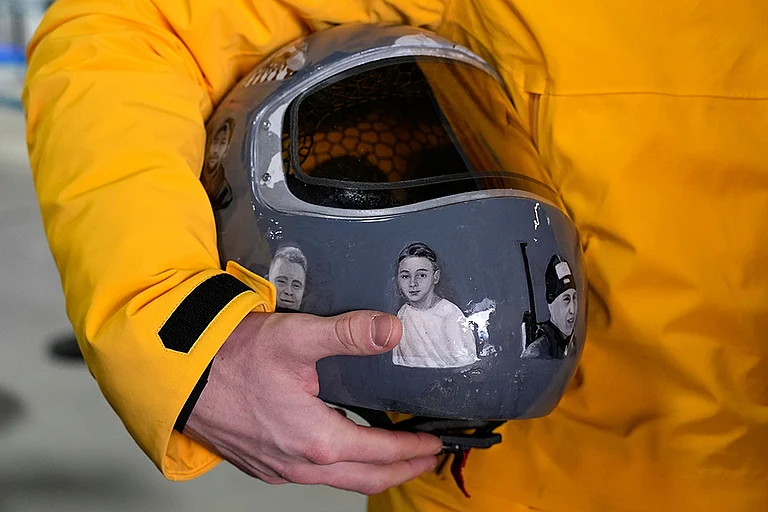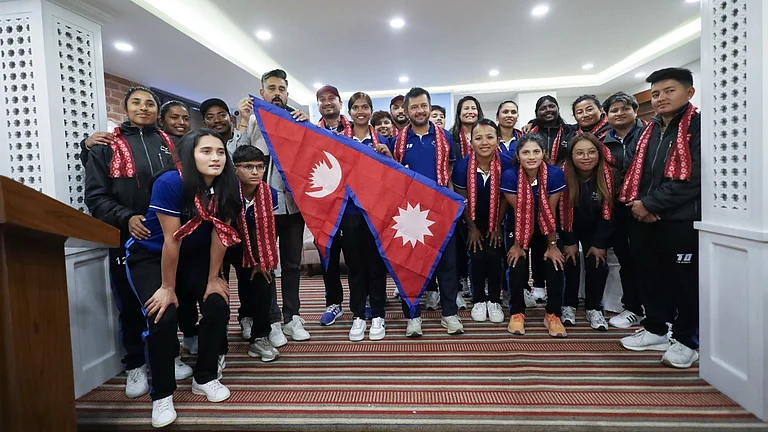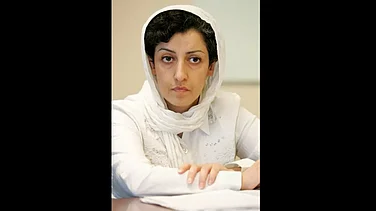In the wake of an ascending graph of Covid-19 cases, The World Health Organisation(WHO) has issued a warning signalling at ‘troubling Covid trends’ ahead, most likely during winter.
The newfound variant, ‘Pirola’ or BA.2.86 has been held responsible for the sudden surge across different countries- predominantly in the USA, UK, UAE and Denmark.
“We continue to see concerning trends for Covid-19 ahead of the winter season in the Northern Hemisphere. Deaths are increasing in some parts of the Middle East and Asia, intensive care unit admissions are increasing in Europe and hospitalisations are increasing in several regions,” said WHO Chief Tedros Adhanom Ghebreyesus on September 6. Although no single dominant strain has been identified this far, Pirola and EG.5 are on a rise, he said.
However, according to the pre-existing data, existing vaccines may help in protection against the BA.2.86 strain.
Tedros expressed shock at the low percentage of vulnerable populace who had recently been inoculated. He urged the remaining to not wait to get a booster dose.
He also noted an increase in hospitalisation rate in the USA, UAE and UK. “The increase in hospitalisations and deaths shows that Covid-19 is here to stay and that we will continue to need tools to fight it,” Tedros said.
As per the Centers for Disease Control and Prevention, new hospitalisations have increased by about 16% in the US over the past week.
Pirola descends from the Omicron lineage and is the latest COVID variant- and is a highly mutated strain with over 36 mutations. Moreover, some of these mutations are on spike protein, an entry point for viruses to exploit human cells. It can be transmitted through droplets and is airborne. While, Eris is less likely to occur but is more immunity-evading.
While WHO signalled at a potential rise in incidences in future, Tedros emphasised that everyone get vaccinated and take the booster as soon as possible. WHO also announced a global knowledge-sharing platform about Covid- C-TAP that had secured three new licensing agreements to transfer vaccine technologies.


























